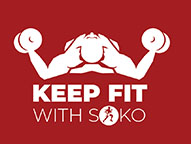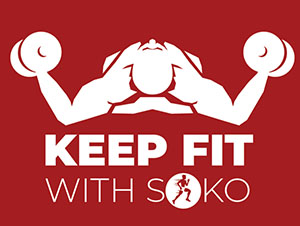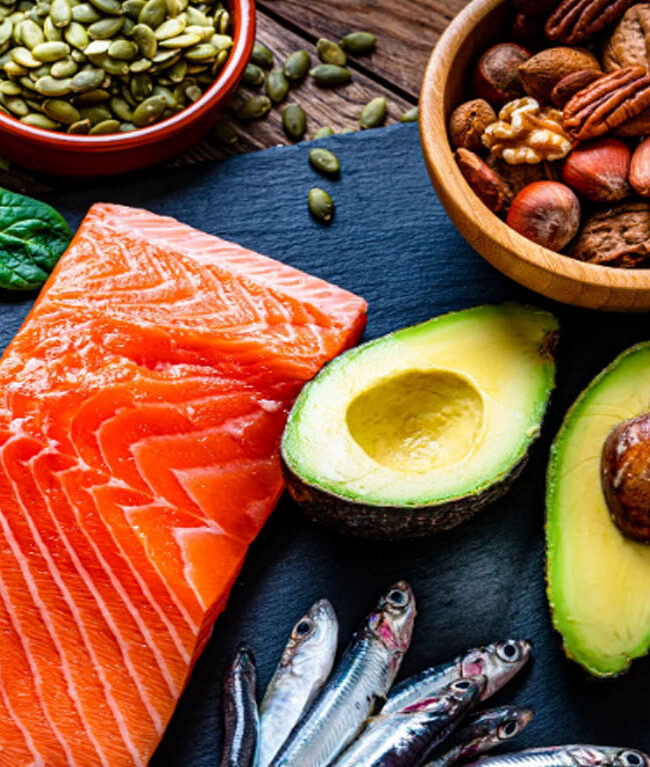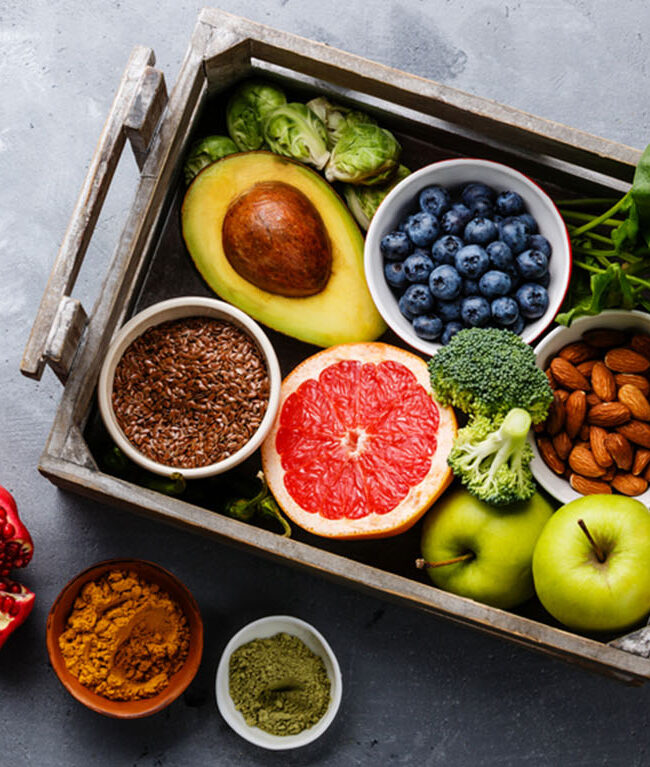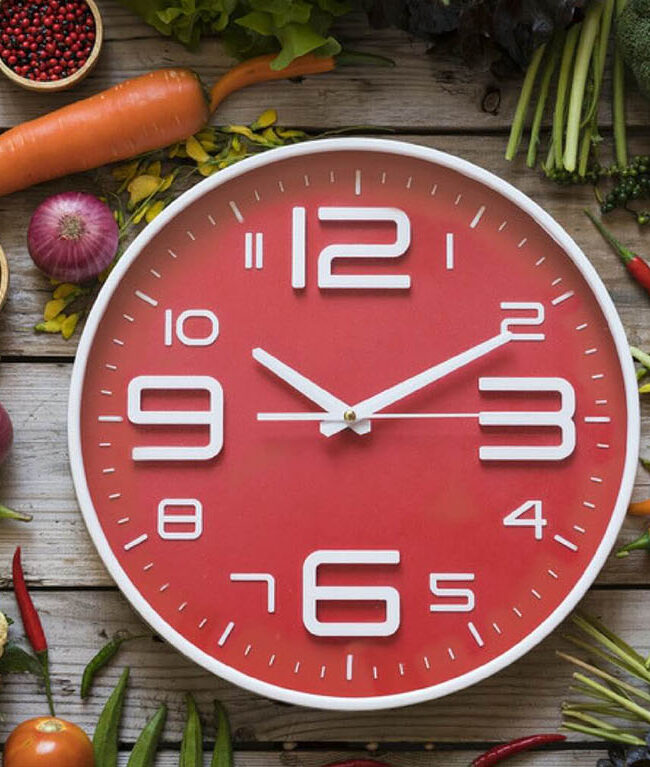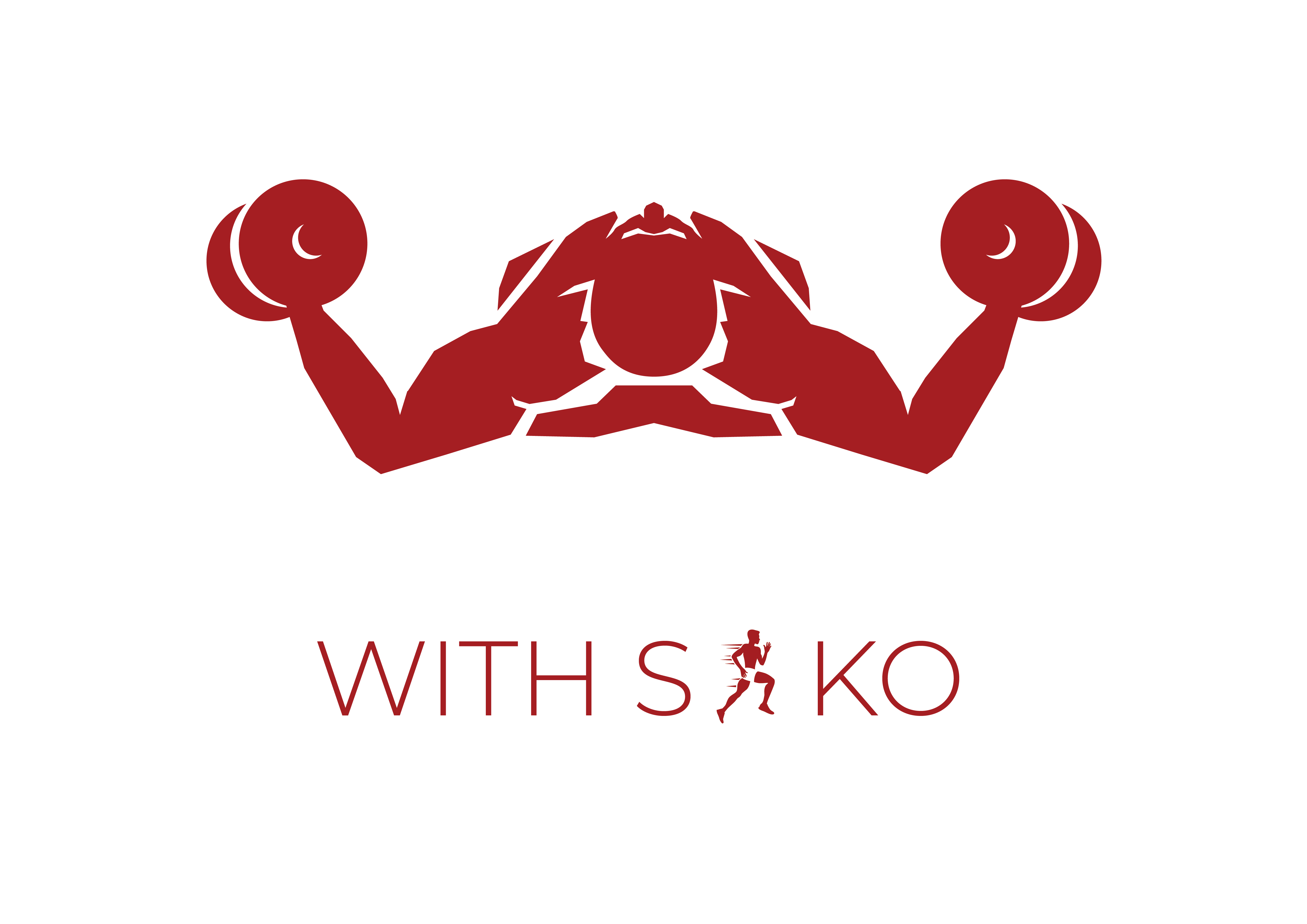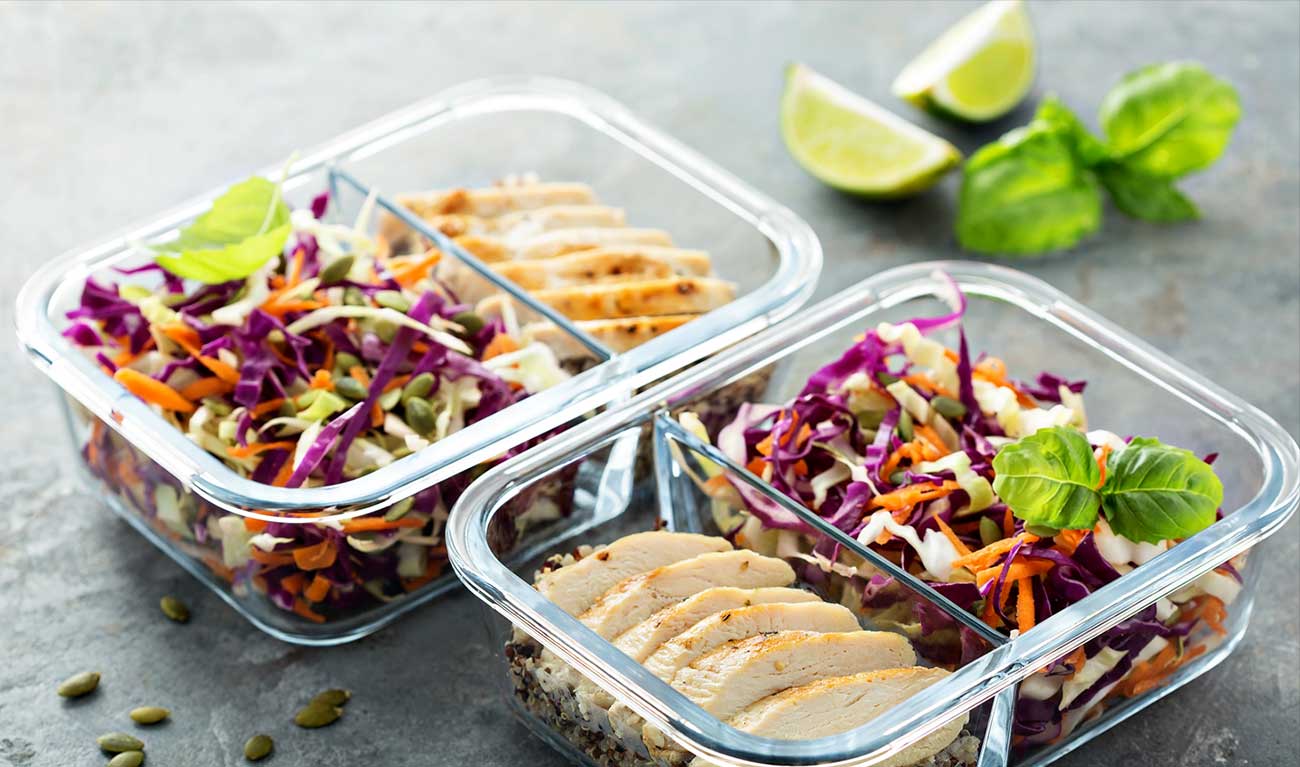
1. Keep a food diary: A food diary can help you track not just what you eat, but also how much, when and where you ate it. Spend just one day writing down what and how much you eat, and how you feel after. No cheating! Add up the calorie total the next day. You may be surprised by how many calories you consumed.Many free online trackers and apps tally protein, carbohydrate and fat intake, as well as how well you meet the RDA for many important vitamins and minerals. It’s important to track not just your food, but when you ate it, as well. Some people also track their mood and who they were with to see if emotional eating patterns are spurring them to eat more calories than they should.
2. Calculate calories: Most diet plans focus on how many calories to eat each day, such as 1,500 or 2,000 calories for moderately active people. There are many free apps and sites that calculate how many calories you should eat for your activity level, how much to eat to maintain weight and how many to eat to lose weight.
3. Weigh and measure your food: Measuring is a pain at first, but you’ll get used to it fast. It will also make you keenly aware of what foods fill you up and what foods just aren’t worth the calories. Knowing this will help you make better dietary choices. Consider investing in a food scale — a small scale that measures ounces and grams of food.A simple set of measuring cups and spoons can also help you keep track of food portions. One easy way to set your portions is to use a measuring cup to measure a set portion into your favorite cup or bowl. You’ll be able to see exactly how much fits into your favorite bowl, and know what one cup, a half cup and so on actually looks like.
4. Eat the right food: What are the right foods? Minimally processed foods are the best for sports and weight lifting nutrition. Lean protein, complex carbs and fiber are your best friends, especially if you’re trying to lose weight. Your body needs lean protein such as turkey, nonfat Greek yogurt, fish and egg whites to build muscle and stay full. Complex carbs, such as green leafy vegetables, give you energy to burn and fiber fills you up and keeps your digestive system and hormones in alignment.Fats should be healthy, mono-saturated fats, such as olive oil, or from plant-based sources rich in omega-3 fatty acids. Walnuts, flaxseeds and similar oils, nuts and seeds provide healthy fats.
5. Drink water: Water is nature’s perfect thirst quencher. Drink plenty of fresh, pure water daily, including with meals. Drink about 16 fluid ounces, or two cups of water, about two hours before a workout. Sip water throughout your workout. If you’re working out in hot weather, be sure to drink more water than you think you need. Thirst is a sign that your body is slightlydehydrated. Drink to stay ahead of your thirst.
8. Avoid sugar: Sugar can be found in many foods naturally, such as fructose in fruits and sweeteners like maple syrup and honey. Refined, white sugar provides fuel and not much else for your body’s needs. It causes tooth decay and can lead to obesity. Get your sugar from natural treats such as a piece of fruit eaten for dessert, and avoid adding sugar to your diet.
Fitness Isn’t a choice, it’s a lifestyle
